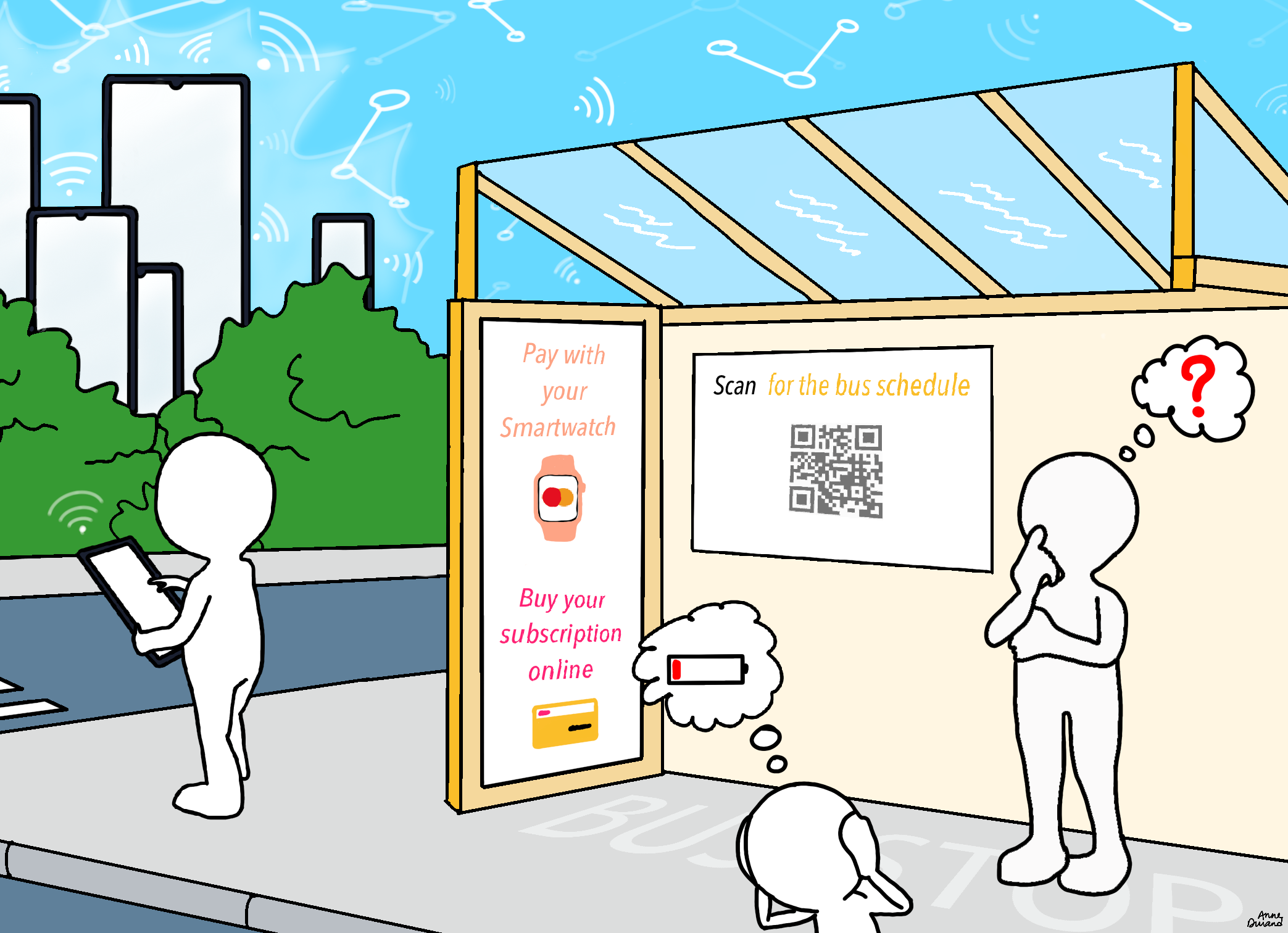Digital Inequality in Transport Services
Over the past few decades, the adoption and increase in use of digital technologies has become a major trend. This trend is called digitalisation, affecting everyday lives, organisations and countries globally. Manifestations for the general public include the smartphone revolution, the massive growth in social media use, and the transitions from physical services and infrastructure to internet banking, e-government and e-health services to give just a few examples.
The transport sector is no exception: digitalisation in transport and around travelling is already happening in ways that have transformed how people travel. From real-time multimodal planners to GPS and applications providing access to (new) mobility services like car sharing, ride hailing and MaaS, digitalisation has the potential to simplify mobility and to provide greater control and choice to travellers. With the spread of the internet and connected mobile devices, travellers are increasingly invited to rely on digital tools and knowledge on how to navigate the digital world. Yet not everyone benefits from digitalisation to the same extent. Some people even experience more disadvantages than advantages. Indeed, in order to benefit from services where a connected device is needed as a digital key (e.g. to unlock a vehicle), as a proof of payment or as a travel assistant, one needs to have the appropriate device and digital skills. Furthermore, growing concerns about privacy may dissuade the use of digital tools. When the spread of technologies is accompanied or followed by cuts or changes in physical infrastructure or services such as station staff, not engaging with such technologies might result in a form of exclusion.
This research aims at developing a framework to investigate the consequences of digitalisation in transport services on people, through the lens of digital inequality. Two central questions in this research are the consequences of digital inequality at a personal level on one’s mobility, and the contribution of digital inequality to transport disadvantage.
This research is a cooperation between the Smart Public Transport Lab and the Netherlands Institute of Transport Policy Analysis (KiM: Kennisinstituut voor Mobiliteitsbeleid), an independent research organisation within the Dutch Ministry of Infrastructure and Water Management.
Staff members involved



